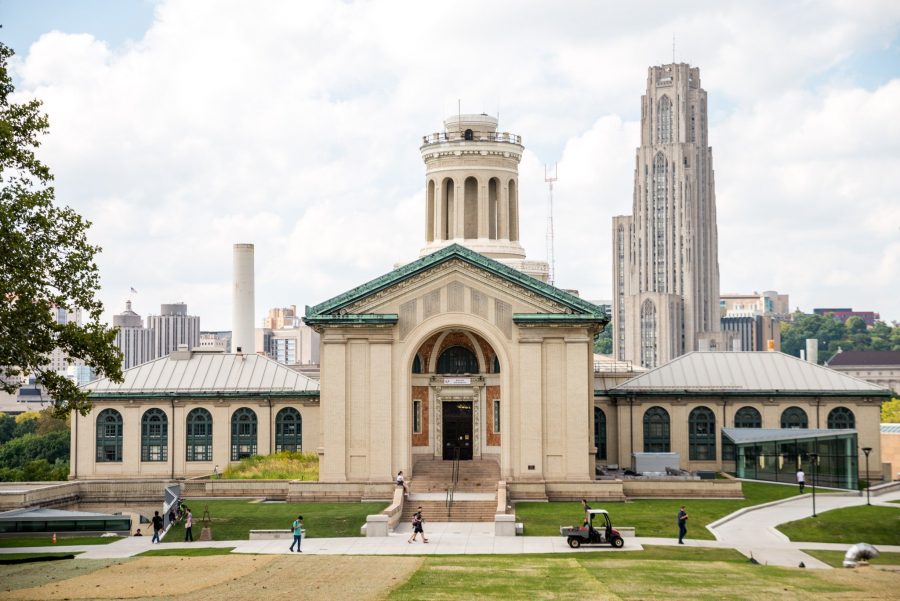The goal for any student after graduation is to get a job in his or her field and build a career. But for today’s students, expectations have risen and the labor force demands graduates who are able to easily adapt to our changing world.
Many colleges and universities, including Carnegie Mellon, are responding to this with new major and degree programs that emphasize interdisciplinary studies. CMU is instituting a new undergraduate program in behavioral economics, policy and organizations this semester — the first program of its kind in the nation. A release from CMU’s Dietrich College of Humanities and Social Sciences, the program’s home school, cited the growing need for graduates who are trained in “apply[ing] psychological insights to human behavior to explain and predict economic decision-making” as the catalyst for the introduction of the major.
Other Pennsylvania schools are also starting to offer interdisciplinary major programs: Drexel University has degrees in arts-engineering and joint international relations and modern languages and the University of Pennsylvania offers four different interdisciplinary programs for undergraduates.
Globalization, the internet and technology are constantly reshaping the modern workforce, and it’s imperative for students all over the country, and at Pitt, to have options for diversifying their degrees. While graduates in the past generally used their degree to accept a job and stick with a company for an extended period of time, graduates today are often expected to be flexible and ready to utilize a variety of skills, including coding, communication and an understanding of global — as opposed to national or local — trends. Upgrading higher ed programs to include interdisciplinary work across many fields is the way to create workers who can adapt to our ever-changing society.
Interdisciplinary approaches provide students with a wider depth and breadth of knowledge as well as stimulate the critical thinking we need to be able to creatively solve world problems. In our increasingly global world, a graduate who is fluent in multiple fields and comfortable working within and between them will offer much more to the table than one who spent their college career in only one area of study.
Pitt currently offers a few programs that cover multiple fields, such as the mathematics-statistics or politics-philosophy programs or the Bachelor of Philosophy add-on option within the University Honors College.
The College of General Studies offers a self-designed major for students in its school, who make up less than 3 percent of Pitt’s total undergrad enrollment. The program is the kind we should open to all students — as it allows for students to pick their own coursework and major through the approval of an adviser — but according to Pitt’s website, the program isn’t even currently accepting CGS students, let alone students from other schools.
Even though we have a few good examples of interdisciplinary programs at Pitt, but few students know they exist. It can be tricky to find reliable information about crafting a specialized major from department websites, administrators or advisers.
Introducing new majors that cross departmental lines, like CMU’s behavioral economics program, is a step in the right direction to encourage more dynamic plans of study. But a program like the CGS’s self-designed major — open to all students in the Dietrich School of Arts and Sciences — is the premiere way to get students to explore new interdisciplinary approaches and stimulate innovation across varying fields of study.
If Pitt wants to compete with the top universities in the nation and the world, and wants to churn out students capable of competing in a diverse job market, we need to offer students the specialized training that will make them marketable and impactful members of society.



